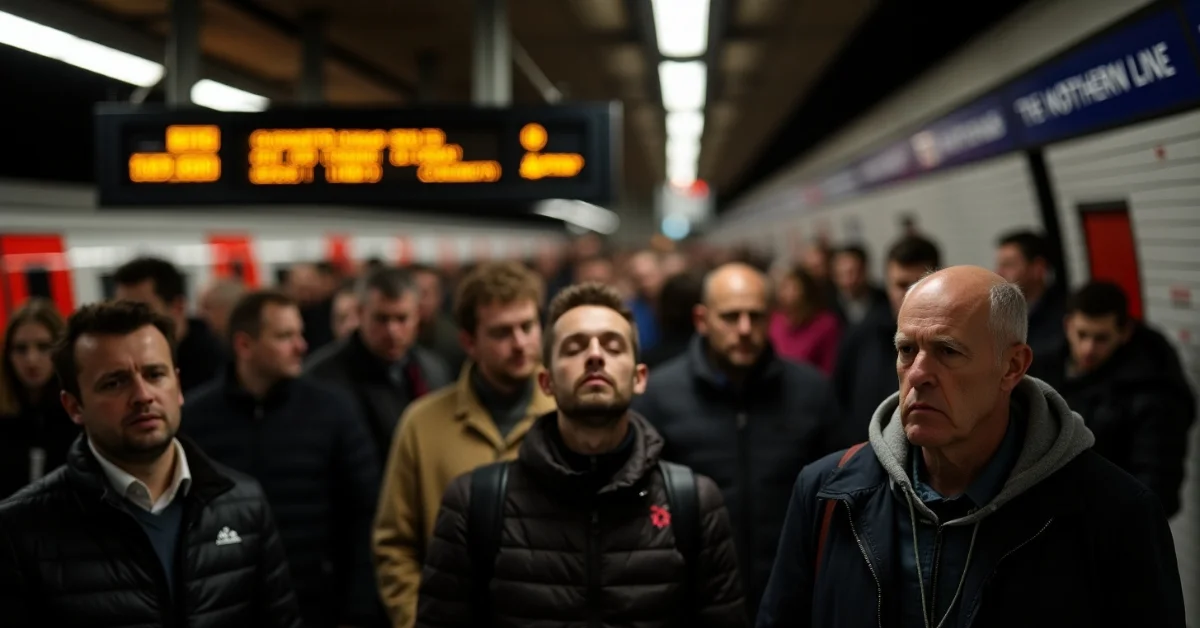Commuters on Northern line’s Mill Hill East branch have voiced mounting frustration this week after facing delays of up to 41 minutes between trains, according to a recent report in the London Evening Standard.
- Reports indicate that four in every ten trains departing Mill Hill East have been either delayed significantly or canceled altogether during peak travel times.
- Local MP Dan Tomlinson has spoken out on Bluesky, calling the current service “unacceptable” and asserting he has been supporting residents who “have gathered this data”.
Many residents describe the experience as “Tube misery,” with one commuter stating they had to wait 41 minutes for a train. These recurring long wait times are disrupting daily routines and raising concerns about TfL’s ability to manage this branch effectively.
The Northern line has long been regarded as among the more problematic routes in the network; dating back to the 1990s, it has even been nicknamed the “Misery Line” due to chronic unreliability . Despite refurbishments, including new rolling stock and station upgrades initiated in the 1990s key modernisation programme. persistent operational challenges remain.
As of yet, Transport for London (TfL) has not issued a public statement addressing the delays on this branch. In the absence of official updates, local MPs and resident groups are urging TfL to provide immediate solutions to restore reliable service.
- The Northern line is a critical artery for north London commuters, and prolonged wait times especially during peak hours have wider repercussions: late arrivals at work, missed appointments, and poor confidence in public transport.
- With four out of ten trains affected, the branch is effectively operating at reduced frequency leaving residents calling for a transparent timeline for improvements.
- TfL’s Duty to Act: Pressure is mounting on TfL to explain the root causes whether it’s signaling faults, rolling stock shortages, staffing gaps, or track maintenance and lay out clear mitigation plans.
- Data Transparency: Local leaders, including Dan Tomlinson MP, are urging TfL to share detailed performance data, and to set defined targets for reinstating a dependable timetable.
- Passenger Advocacy: Community-led monitoring of train intervals is shining a spotlight on service failings. These grassroots efforts may force quicker action if TfL wants to avoid a public backlash.
Travellers along the Northern line’s Mill Hill East branch have endured waits nearing three-quarters of an hour between trains. With frequency jeopardized, residents are demanding accountability. As reliance on the Underground climbs, securing reliable, regular service is essential not a luxury.



